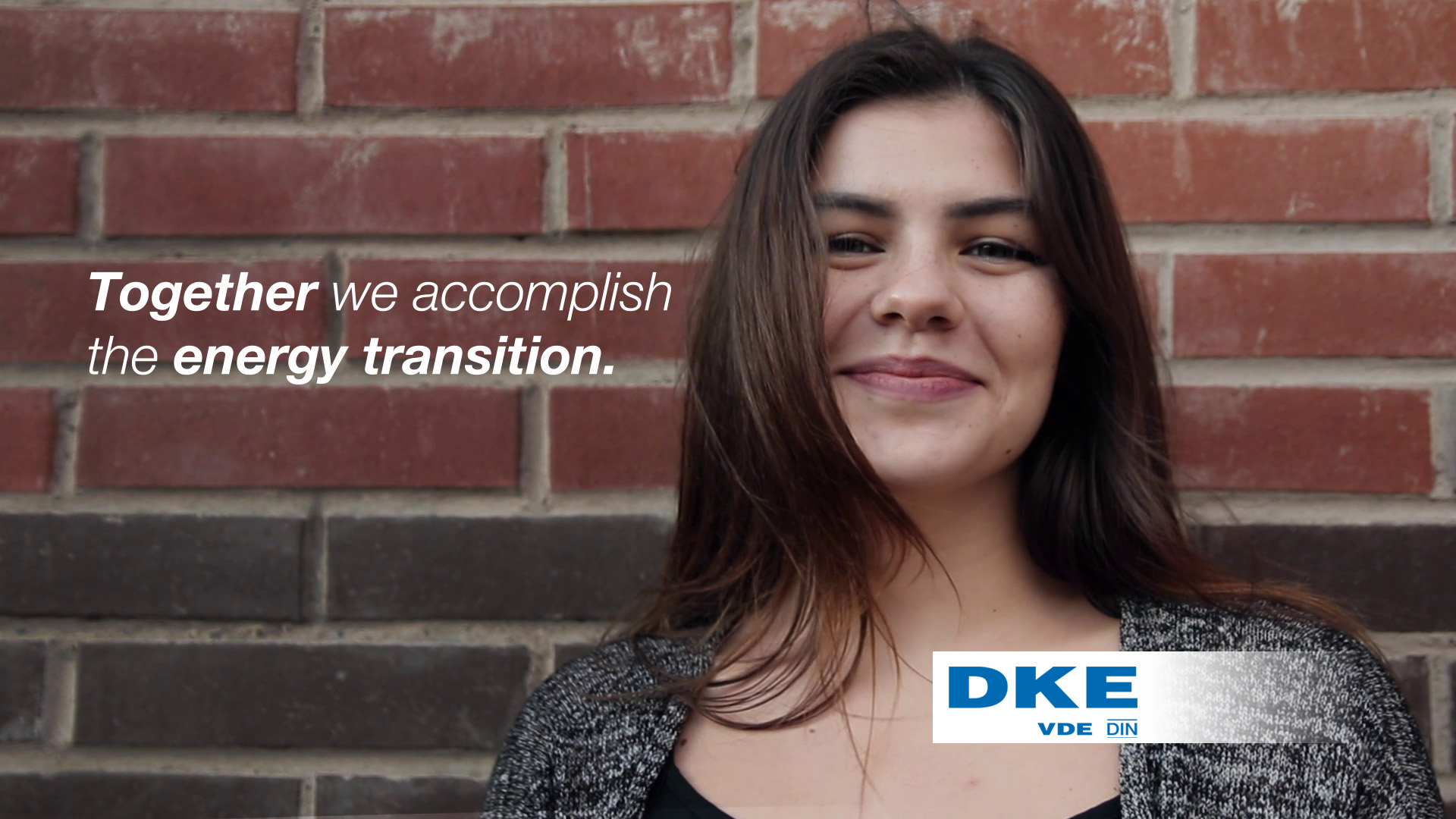Mission call: On the path to the all-electric society
The DKE is committed to the all-electric society and thus to Commitment 2030, which aims to achieve key milestones by 2030 to fulfil this vision.
As one of the major stakeholders of the global standardization organisation International Electrotechnical Commission (IEC), the DKE also promotes the international ambition of actively contributing to the shaping of an efficient, safe and sustainable world through electrotechnical standardization.















